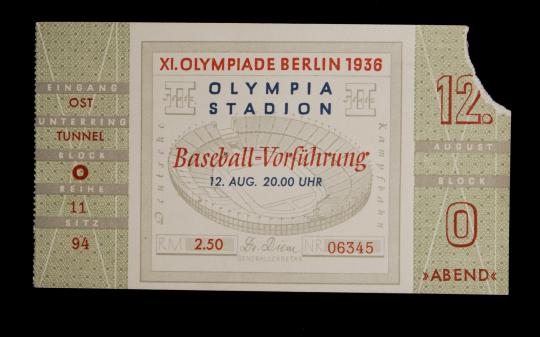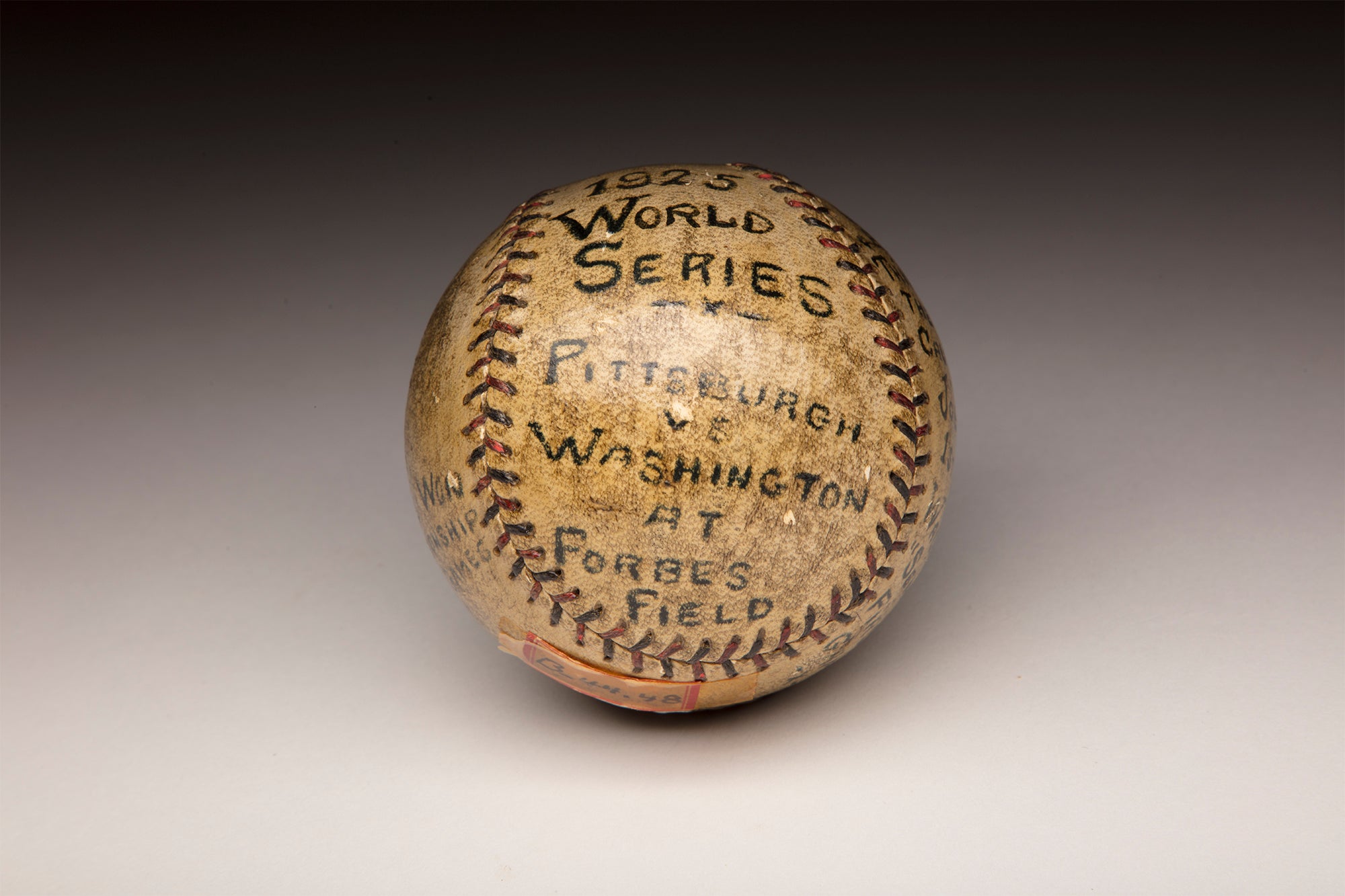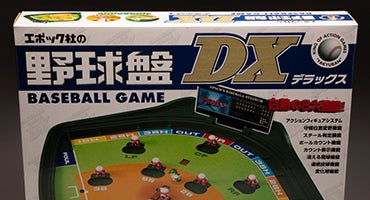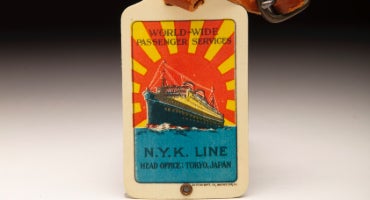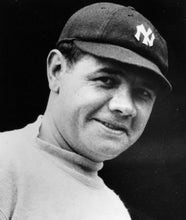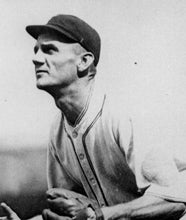- Home
- Our Stories
- #Shortstops: Amateur pride
#Shortstops: Amateur pride
One of the best shortstops in Cleveland in the 1930s was not a regular on the field at Cleveland Stadium or League Park and never faced a pitch in professional baseball. Nevertheless, amateur standout Alex Metti embarked on the journey of a lifetime in 1935, representing the United States on a goodwill tour of Japan – a reward for his impressive success on the amateur circuit.
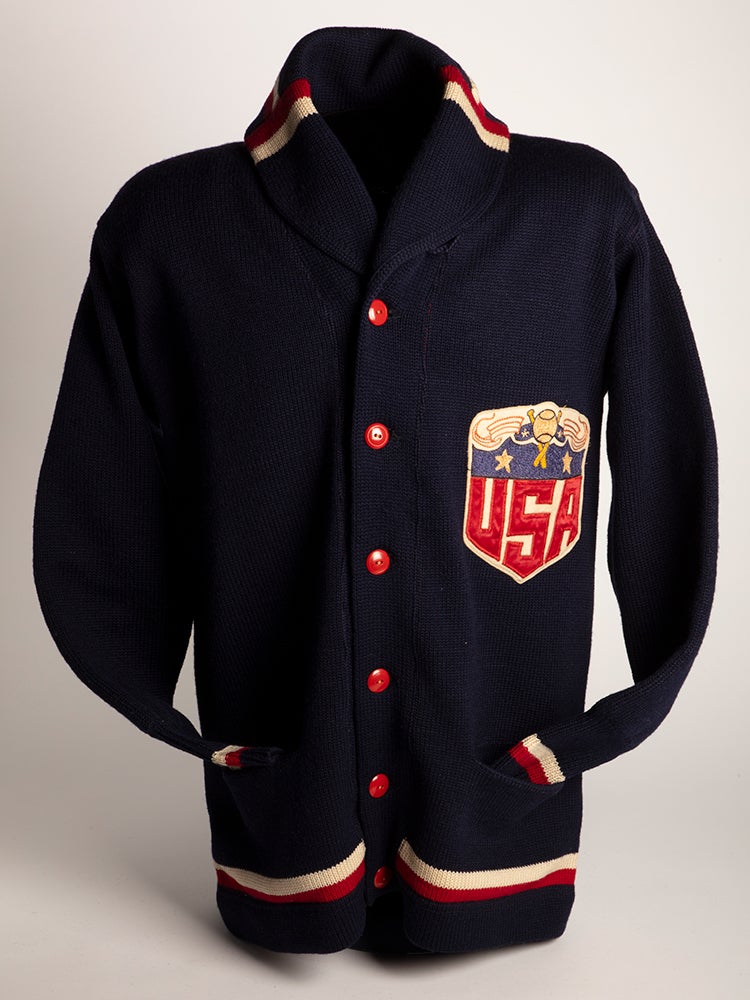
Following the highly regarded 1934 Japan Tour which saw Babe Ruth cement his status as an international sensation by knocking 13 home runs across 18 games against Japanese opposition, Les Mann – a 16-year big league veteran who spent his post-playing career promoting the game – devised a plan for a 1935 international championship series. Mann’s ultimate goal was putting baseball on the docket for the 1936 Olympics, and this amateur tour of Japan in 1935 was viewed as a crucial step in convincing the International Olympic Committee (IOC) of the sport’s merits.
Until 1986, the “amateur code” enforced by the IOC barred paid professional athletes from competing in the competition. Thus, Mann turned to the public for suggestions of their best local amateur baseball players. Fans could submit names by mail to Mann by writing in on Wheaties box tops, the tour’s sponsor to the tune of $12,000 (about $280,000 today). A list of the top 100 vote-getters was referred to baseball scouts to select the final roster for the tour.
From the national contest, Metti was chosen to play for the 1935 Wheaties All-Americans under manager and future Hall of Famer Max Carey. Metti played amateur baseball in Cleveland from 1928-1940 – notably playing for Fisher Foods, a major supermarket chain headquartered in Cleveland who sponsored a team – and starred on nine city Class A championships as the team’s captain and leading hitter. His skills at the plate and in the field prompted manager Max Carey to dub him “the greatest amateur shortstop in the country.”
For the 1935 tour, Mann arranged round-trip travel for the tour and outfitted each player with “uniform, jackets, caps, [and] stockings” according to the final instructions sent to the selected players. All personal items, like gloves, cleats, and non-playing attire was to be brought by the player along with an estimated $50-$100 of spending money.
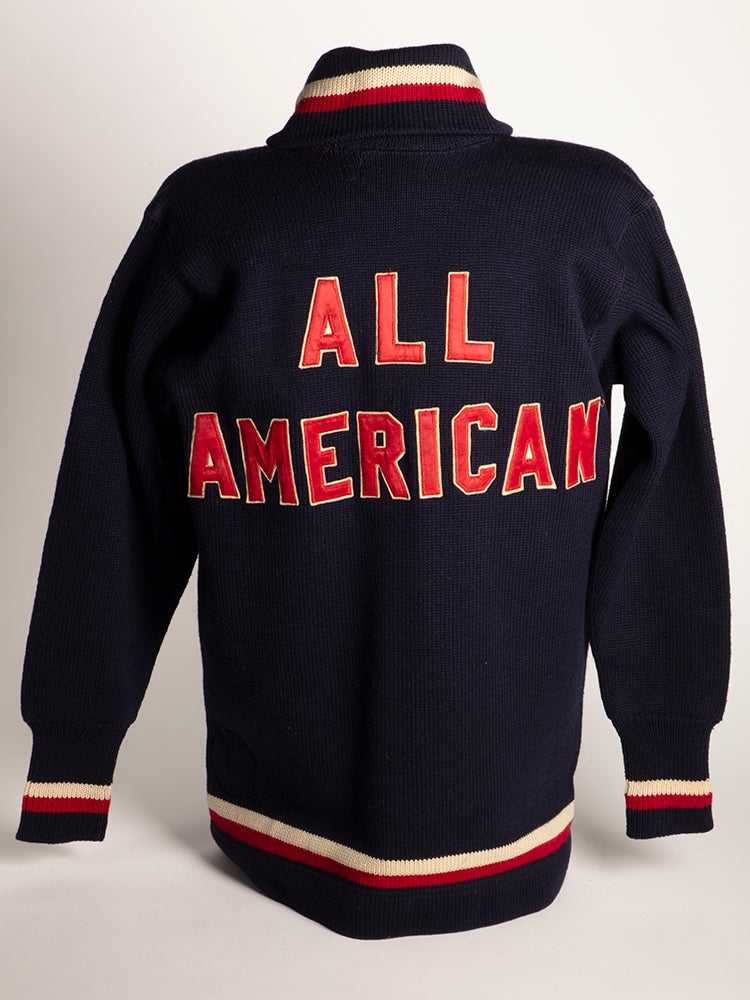
Metti and his fellow All-Americans won five of the eight games played in Japan, proving to Les Mann that amateur Olympic baseball was a viable option on the world stage in 1936. The IOC hosted a demonstration game for a large German crowd played by amateur baseball stars from America. Metti was named to the Olympic roster but could not meet the financial requirements to make the trip while raising a family during the Great Depression.
Further emphasizing his family, in 1940 Metti retired from playing amateur baseball, but the game remained an important aspect of his life. Coming home from working the night shift, he would play catch with his children and teach them how to throw a remarkable curveball.
While there are no recorded reflections from Metti about his trip playing baseball in Japan, his 1935 Wheaties All-American Tour sweater speaks volumes about his feelings towards his time representing the US. The sweater is in near perfect condition 90 years after it was first issued to Metti for the tour.
Thomas Crain is the 2025 collections intern in the Frank and Peggy Steele Internship Program for Leadership Development

